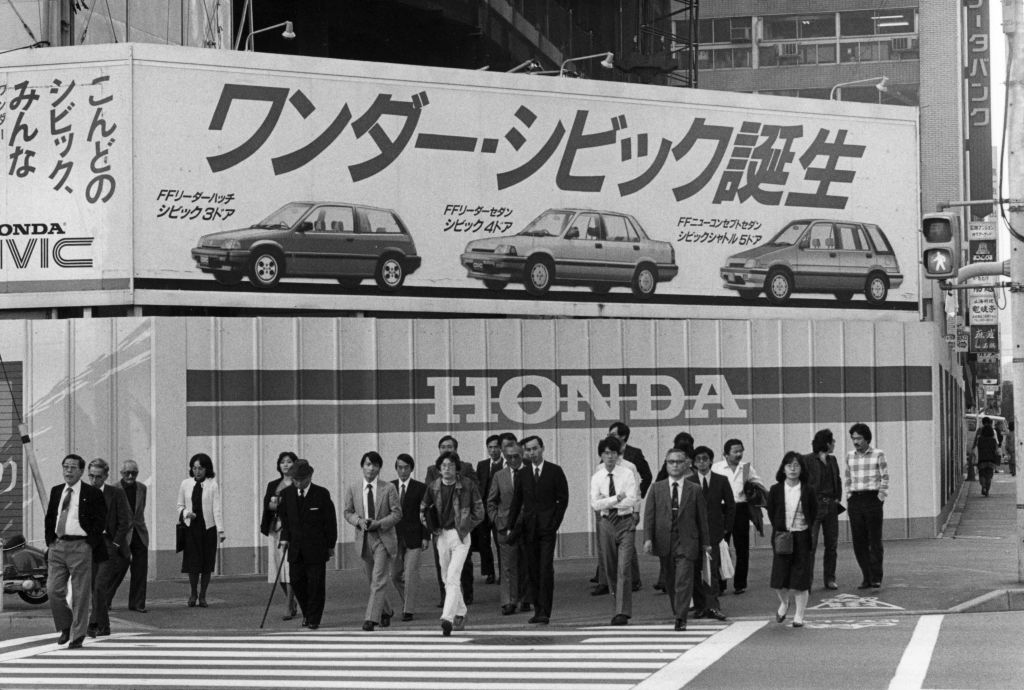Decline is rarely graceful. Cristiano Ronaldo’s contentious second spell at Manchester United ended after just four months, largely because he refused to accept a diminished role and salary despite his age; Michael Jordan’s two-year stint as a Washington Wizard, during which he abused his position as the team’s vice president to make a series of ill-advised draft picks and position himself as a thirty-eight-year-old starter on a team that had one of the NBA’s worst records, was mired in disappointment. The United States of America’s attempt to outcompete China as an industrial power after decades of underinvestment and with just 9 percent of its workforce employed in manufacturing, is likely to end in a similarly undignified way.
In recent years, the failure on the part of American lawmakers to adequately deal with their country’s economic decline and the social crises that have coincided with it has created antiestablishment backlash on the Left and Right. To avoid incurring the high political costs of this failure, American elites have looked for external scapegoats. While trade seems to have emerged as the arena of blame attribution, China has come in handy as what the historian Adam Tooze has called a “full-spectrum scapegoat” for the crisis of social reproduction of the American working class.
The “shock” of the People’s Republic’s entry into the global trading system and its “bad actor” status within it are, in the minds of Democrats and Republicans, the cause of a number of social and economic crises within the United States: the secular decline in industrial employment; “deaths of despair”; and rising precarity and stagnating middle-class prospects, along with the attendant rise of illiberal populism,…
Auteur: Dominik A. Leusder

